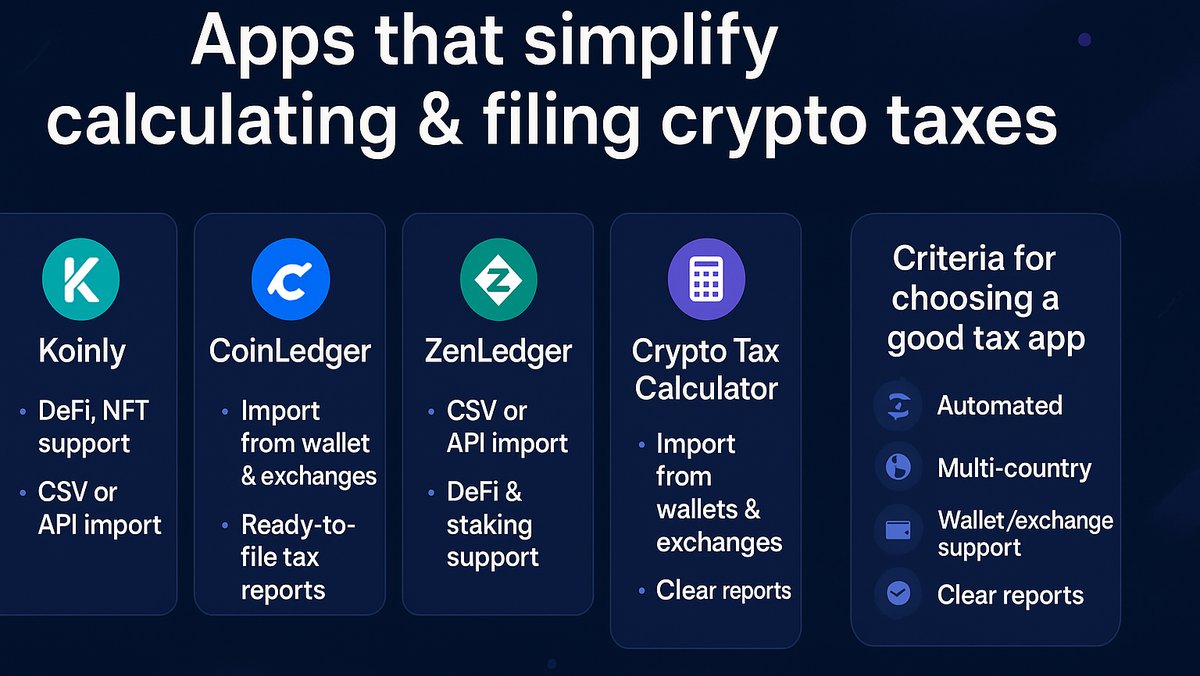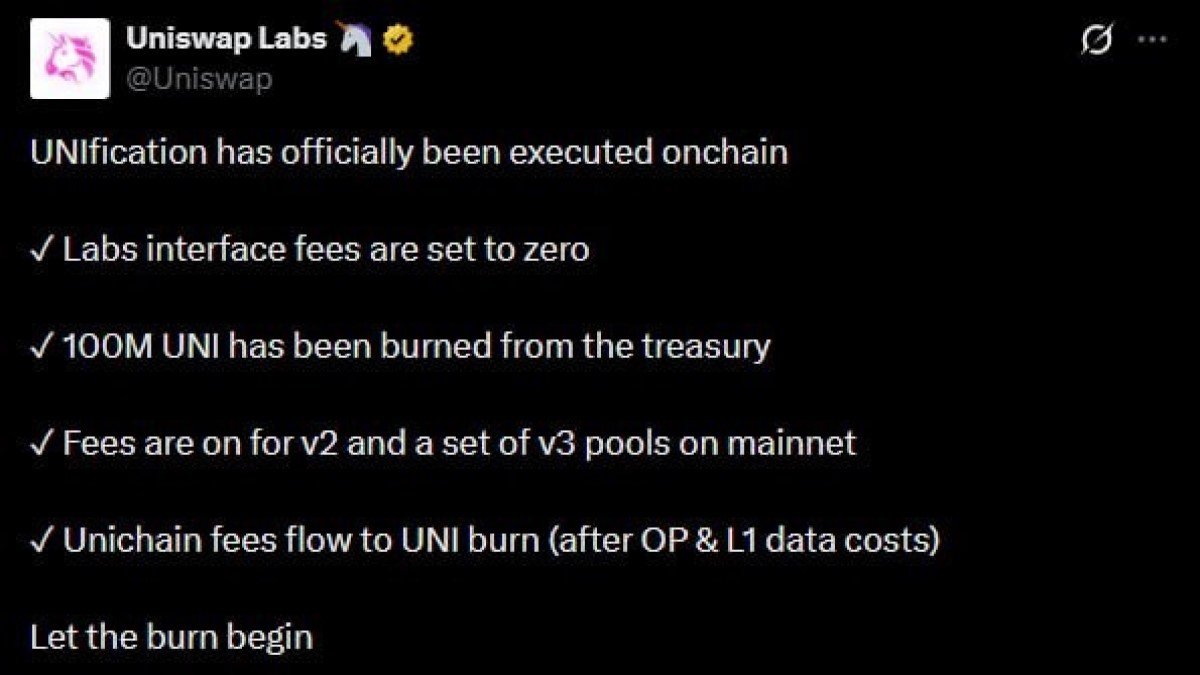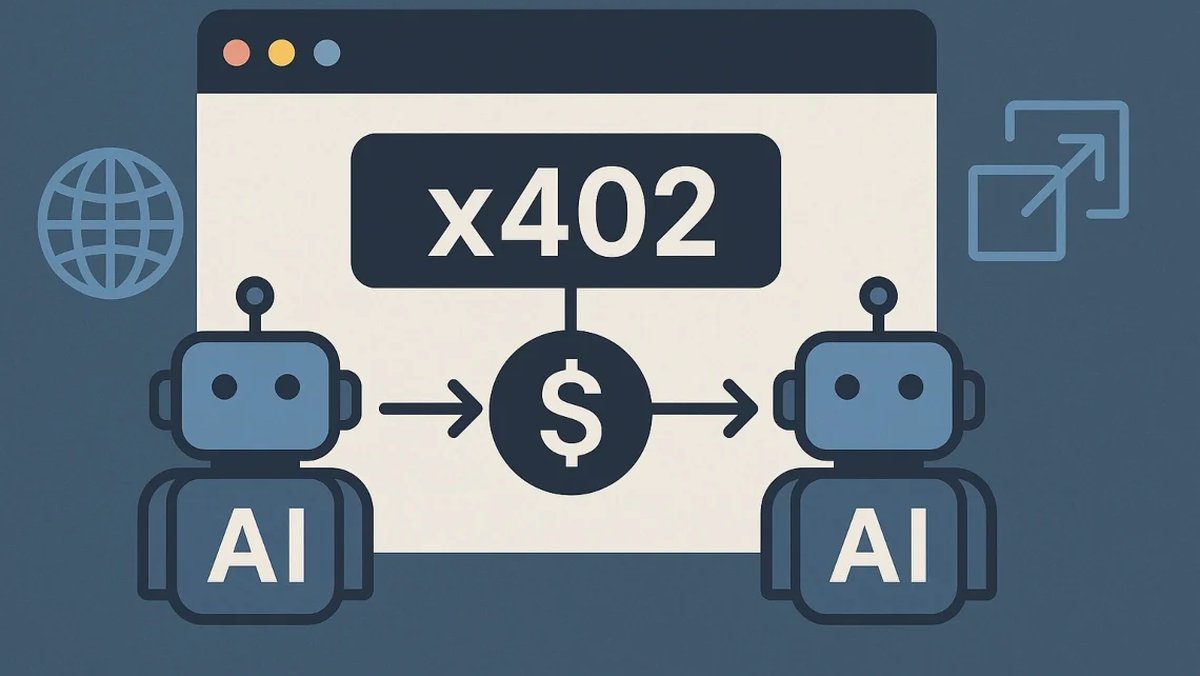Best Apps for Crypto Tax Reporting and Accounting
Tax reporting and accounting in the cryptocurrency space is one of the most complex and pressing challenges for investors today. With the explosive growth of digital assets, traders and long-term holders alike must not only focus on market strategies but also prepare accurate tax filings to remain compliant. This is where crypto tax reporting apps come in. They simplify an otherwise overwhelming process, reduce the risk of errors, and provide peace of mind. In this article, we will explore the best apps for crypto tax reporting and accounting, highlight their strengths, and analyze why they are crucial in 2025 and beyond.
Why Crypto Tax Reporting Matters
Unlike traditional financial markets, where brokerages provide standardized tax documents, crypto investors face the burden of tracking complex activities themselves. A single investor might have hundreds of trades across multiple centralized exchanges (CEXs), participate in DeFi staking, yield farming, or NFT trading — each of which can trigger taxable events. Missing or misreporting these transactions can result in fines or audits. Thus, accurate tax reporting is not just a formality but a necessity.
Key Criteria for Evaluating Crypto Tax Apps
1. Exchange and Wallet Integrations
A strong tax app must integrate with major exchanges like Binance, Coinbase, and Kraken, as well as wallets like MetaMask and Trust Wallet. Automatic syncing saves time and reduces the risk of manual entry mistakes.
2. Calculation Accuracy
The app should support multiple accounting methods, such as FIFO, LIFO, and HIFO, to comply with different jurisdictions. Even slight discrepancies in calculations can significantly affect reported gains or losses.
3. Local Tax Compliance
Tax regulations vary worldwide. For example, the U.S. requires reporting every single taxable event, while Germany exempts gains if assets are held for more than one year. Apps must be adaptable to regional laws.
4. User Experience and Reporting Tools
A good app must make complex data digestible. Clean dashboards, real-time profit/loss tracking, and the ability to export reports in CSV or PDF format are critical features for both individuals and accountants.
Top Crypto Tax Apps in 2025
Koinly
Koinly supports over 300 exchanges and 100 wallets, offering automated transaction syncing. It generates region-specific reports (IRS in the U.S., HMRC in the U.K., and ATO in Australia). With its user-friendly interface and DeFi/NFT support, it is a top choice for many investors.
CoinTracker
Popular among U.S. investors, CoinTracker integrates directly with TurboTax, streamlining the filing process. Beyond taxes, it doubles as a portfolio tracker, offering insights into performance across exchanges and wallets.
TokenTax
TokenTax specializes in handling large volumes of trades, making it ideal for active traders. It provides direct consultations with tax experts and offers advanced features for complex DeFi and derivatives reporting.
Accointing
This app combines tax tools with portfolio management, offering visual insights into holdings, gains, and losses in real time. It’s particularly useful for investors who want both tax compliance and market analytics in one platform.
ZenLedger
ZenLedger emphasizes simplicity, making it accessible to casual investors while still powerful enough for professionals. It supports NFTs, staking, and lending, and integrates with accounting software for seamless filing.
Advantages and Drawbacks of Crypto Tax Apps
Advantages
- Time savings by automating data imports.
- Reduced risk of miscalculations and errors.
- Compliance with multiple jurisdictions.
- Support for advanced crypto use cases like DeFi and NFTs.
Drawbacks
- Premium features often come with high subscription costs.
- Not all apps fully support complex DeFi protocols or new token standards.
- Reliance on third-party APIs raises data security concerns.
Risks and Legal Considerations
Investors must also be aware of risks when using tax apps:
- Data Security: Granting API keys to apps requires trust. Only choose apps with strong encryption and privacy standards.
- Jurisdiction Mismatches: Using an app not tailored for your country can lead to inaccurate reporting.
- Costs: Professional-grade services can be expensive, especially for high-frequency traders.
Strategies for Tax Optimization
Beyond reporting, these apps can help investors plan smarter:
- Tax-Loss Harvesting: Selling underperforming assets to offset capital gains tax.
- Transaction Timing: Spreading out trades to reduce taxable events in one fiscal year.
- Residency Planning: Moving to tax-friendly jurisdictions like Portugal or the UAE to minimize liability.
Investment Outlook
As crypto adoption grows, regulators worldwide will tighten reporting requirements. The demand for reliable, accurate, and region-specific crypto tax apps will only increase. In the near future, AI-powered tax tools could provide even deeper insights, automating not just reporting but also tax strategy optimization.
Conclusion
Crypto tax apps are no longer optional tools; they are essential for staying compliant and optimizing investment returns. Whether you are a small-scale investor or a professional trader, apps like Koinly, CoinTracker, TokenTax, Accointing, and ZenLedger offer powerful solutions. Choosing the right one depends on your trading volume, jurisdiction, and investment goals. In 2025, staying ahead in crypto also means staying ahead in tax compliance.
Further Reading and Resources
Guides | Crypto Insurance | Crypto
Frequently Asked Questions
1. Are crypto tax apps safe to use? Reputable apps use read-only API access and do not have withdrawal rights, making them relatively safe. Always check their security certifications.
2. Do I have to file taxes on crypto? In most countries, yes. The U.S., U.K., Canada, and Australia all require reporting crypto gains and losses.
3. Are there free crypto tax apps? Some, like Koinly and Accointing, offer free versions with limited transactions. Heavy traders usually need paid plans.
4. Can one app handle multiple countries? Yes, but you must ensure the app supports the tax framework of your residency country.
5. Do I need to report NFTs and DeFi activities? Yes. Most jurisdictions treat profits from NFTs and DeFi as taxable income, and modern tax apps can track them.






